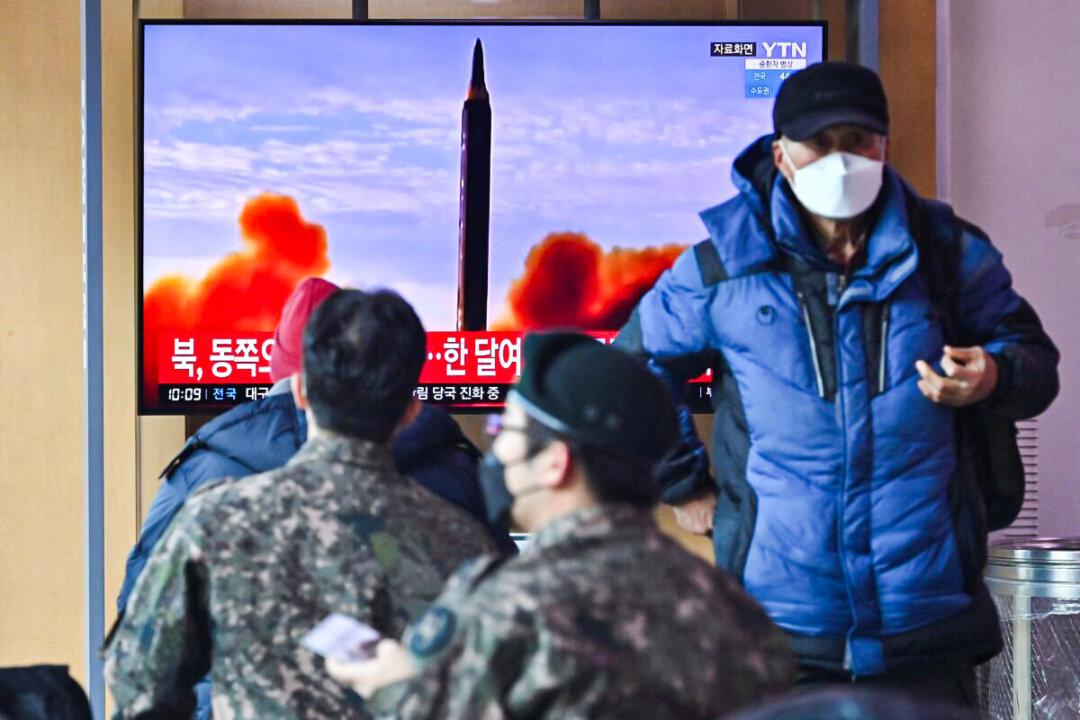Satellite images revealed that construction work has recently occurred at North Korea’s nuclear testing site, California-based analysts said Tuesday, raising concerns that Pyongyang is planning to resume nuclear explosive testing despite declaring the site’s closure in 2018.
Analysts from the James Martin Center for Nonproliferation Studies at the Middlebury Institute of International Studies said in a report that the images were captured on March 4 by the commercial satellite firm Maxar.





